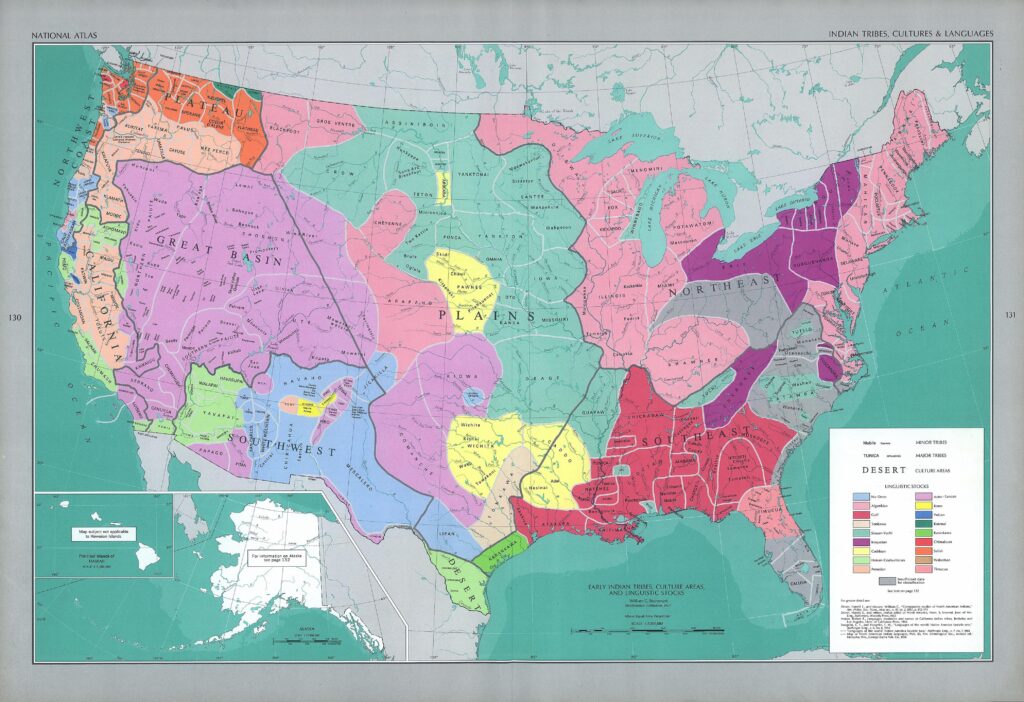July 4th: Remembering Where We Came From
July 4th (or Independence Day) marks the annual celebration of nationhood, commemorating the passage of the Declaration of Independence on July 4th, 1776. Marking the first days of independence initially took form as a mock funeral for the king (British Empire) whose “death” symbolized the end of monarchy and tyranny, as well as the rebirth of liberty. Parades, oratory, and toasting in ceremonies have continued for centuries, celebrating the existence of the new nation. However, it’s important to remember that for many indigenous people, it is a day of mourning.
An excerpt of the Declaration of Independence reads: “He [the king of Great Britain] has excited domestic insurrections amongst us, and has endeavored to bring on the inhabitants of our frontiers, the merciless Indian Savages, whose known rule of warfare, is an undistinguished destruction of all ages, sexes and conditions.” The idea that “all men are created equal” has long been documented to exclude the rights of women, people of color, or any group that did not fit the “civilized nation.” This is not to say we cannot or should not celebrate this upcoming weekend, but we must acknowledge the fact that we are on stolen land.
Listed are some ways in which Native Americans across the country spend their 4th of July. Replies, from a Facebook post, represents both the diversity of responses and the direction of the discussion. May we all hold space for those mourning and respect people’s decisions to celebrate (or not) as they please.
- Carnegie, Oklahoma: “We celebrate every 4th Gourd Dancing, camping, and visiting my Kiowa people while we’re here, listening to the beautiful Kiowa songs. For three days we are just in Kiowa heaven. Been doing this for years. Now my parents have gone on, but we will continue to attend the Kiowa Gourd Dance Celebration.”
- Laguna, New Mexico, and the Pueblos of Acoma and Laguna: “I celebrate the 4th of July and I do so proudly. . . . When you have been lucky enough to travel and see life in other places, you come to appreciate the home and land you live on. Maybe I’m not as bitter as some of my other Indigenous brothers and sisters because my tribes were not relocated and have been lucky to remain on ancestral lands. Our Pueblo people . . . fought against the Spanish in the Pueblo Revolt, but also learned to harmonize with the Catholic Church. Many years—even centuries—of healing have taken place to get us to this point. And I think by celebrating the 4th of July, I feel I am honoring that healing my Pueblo ancestors have prayed for. . .”
- Sawmill, Arizona, and the Navajo Nation: “I recognize Independence Day as a day off, as time with family. I recognize that the United States declared its independence on that day, but Native people weren’t a part of their envisioned emancipation. As Native people, we recognized our independence through our prayers and practicing our traditions. We didn’t need a special day to mark our freedom, we just were. So on the 4th of July, I will practice my American heritage and celebrate this country’s Independence Day. But my heart knows I don’t need a day to recognize my autonomy.”

Written by: Cody Flynn, MA
Photo by: Jess Lindner on Unsplash
